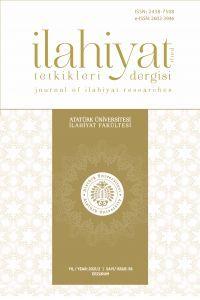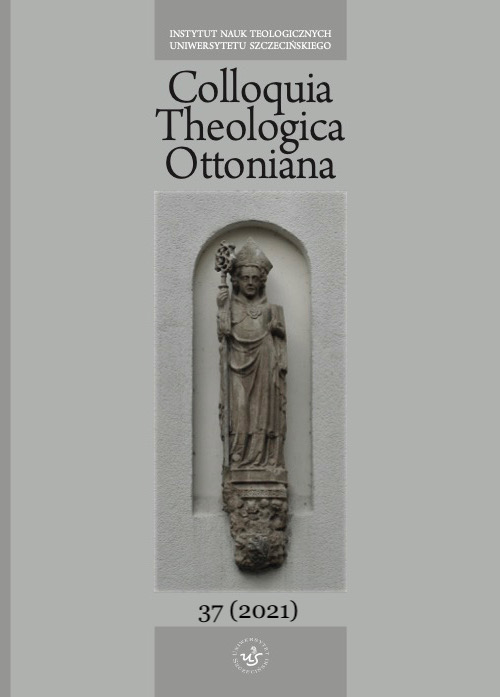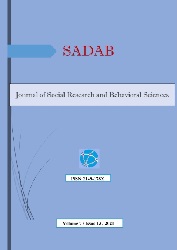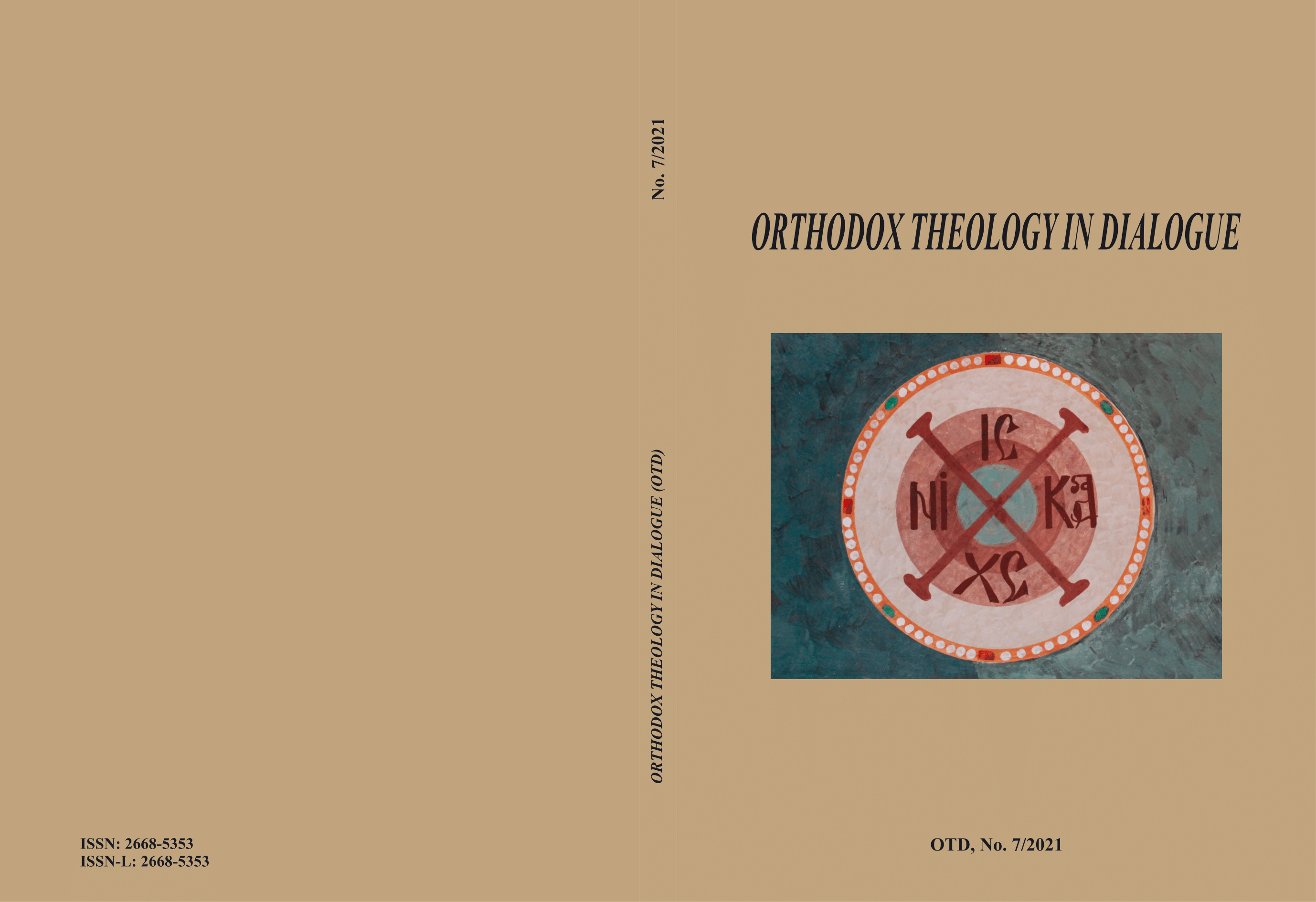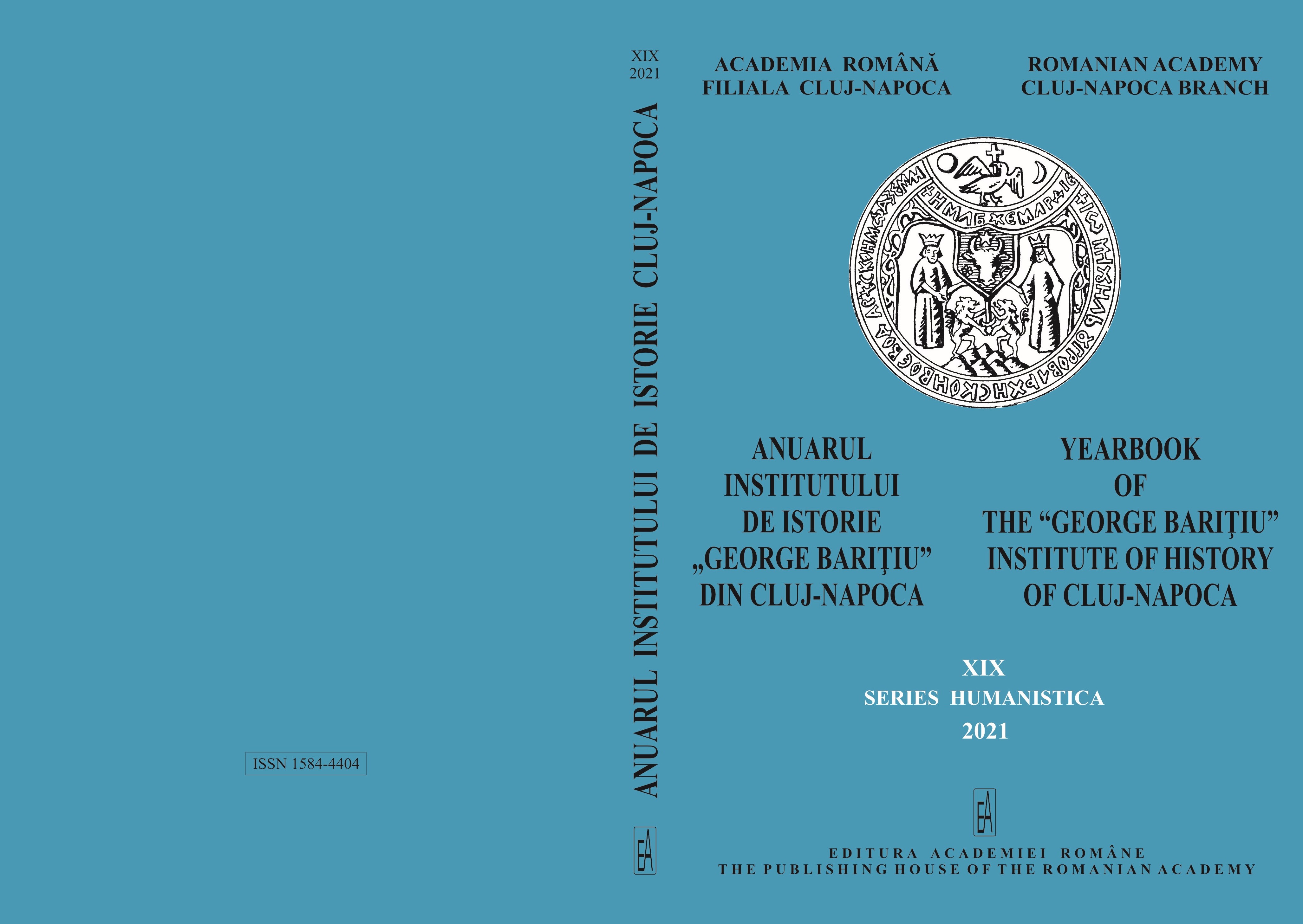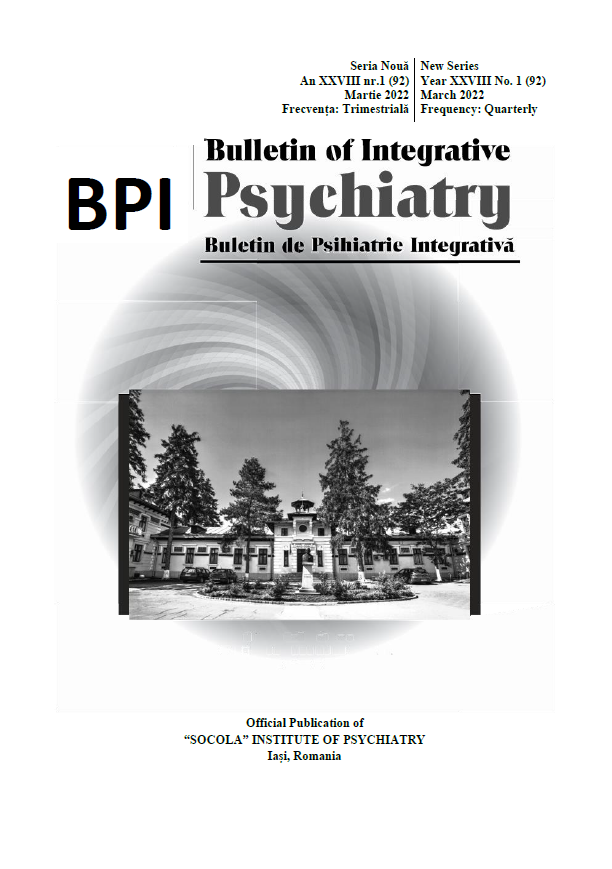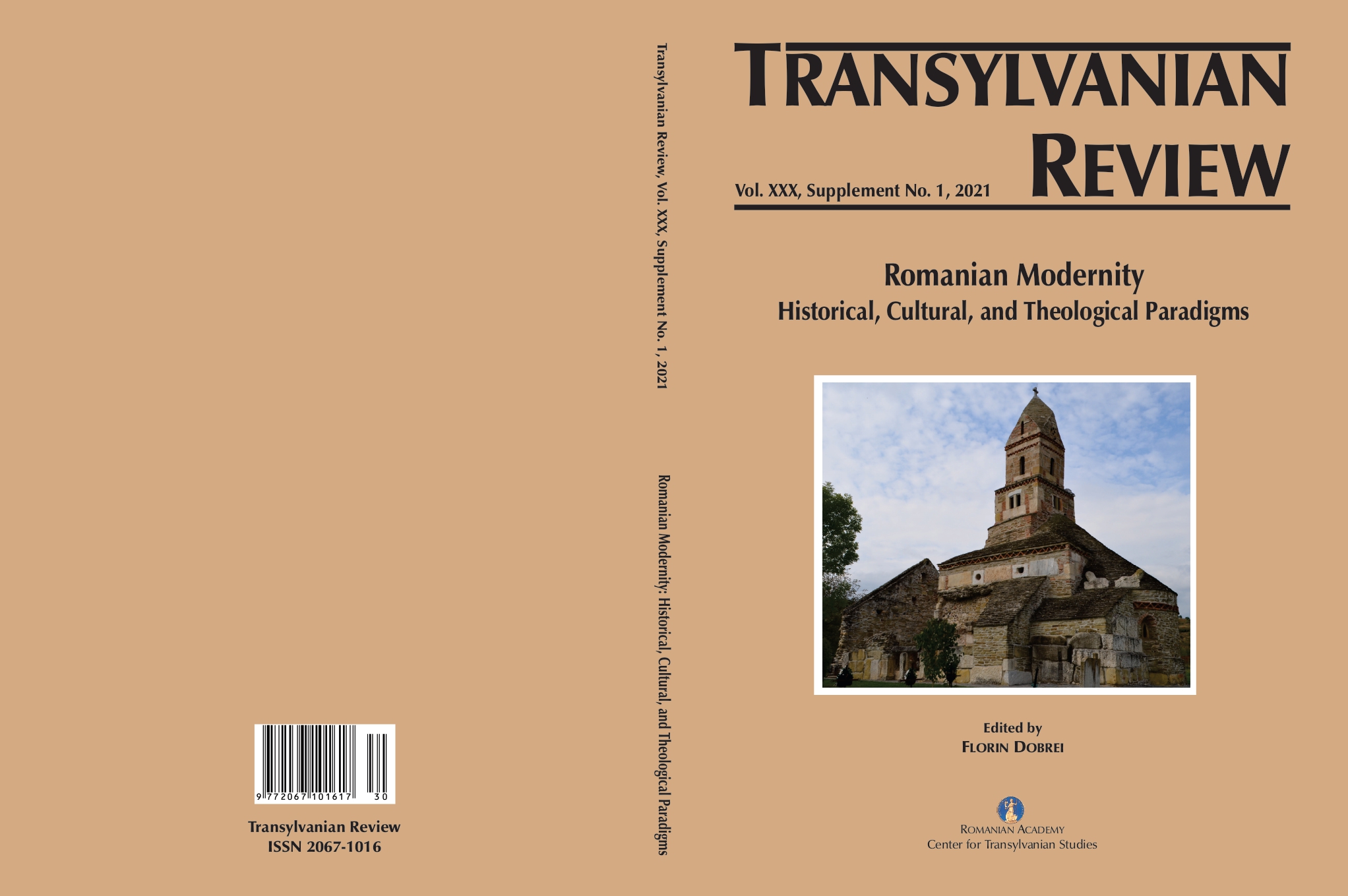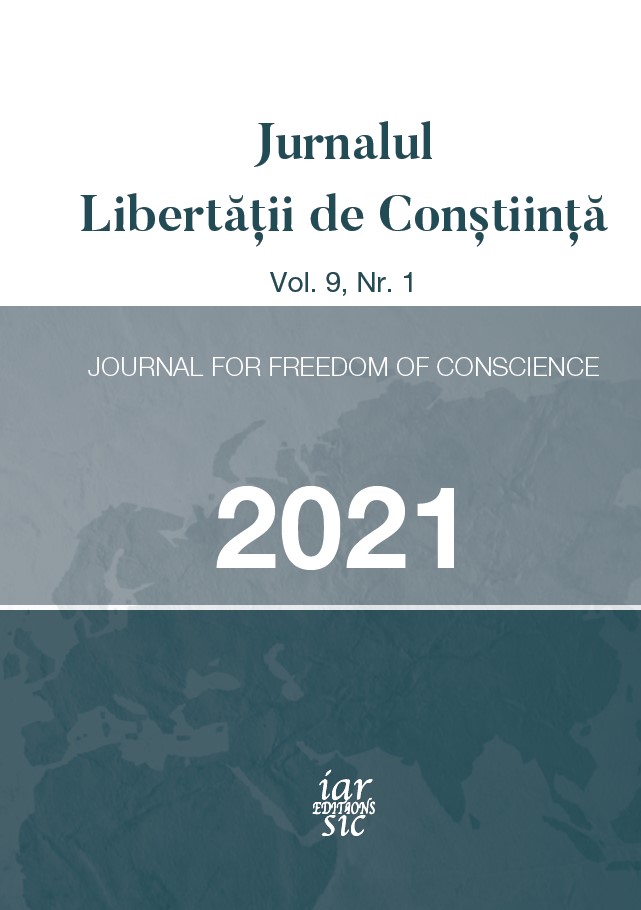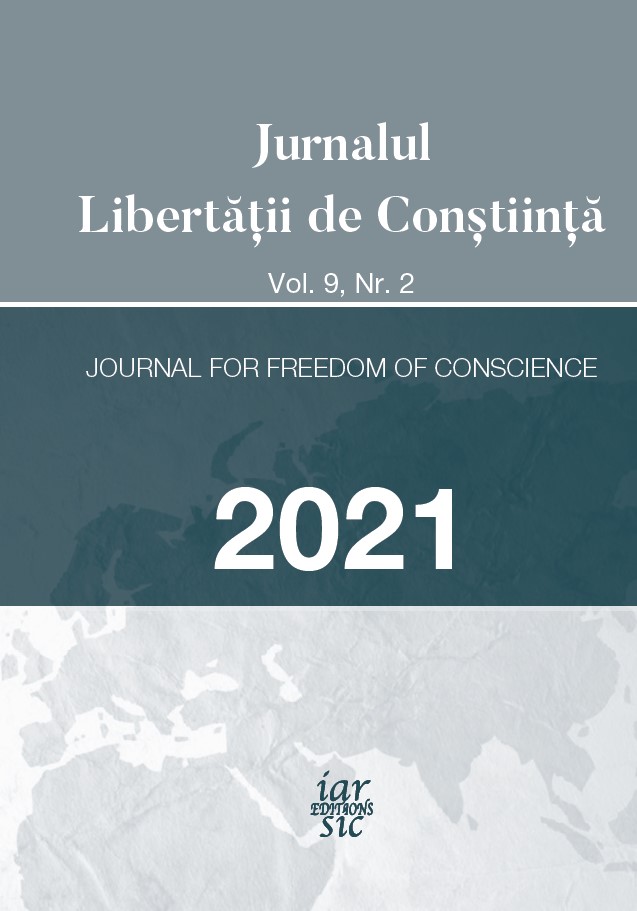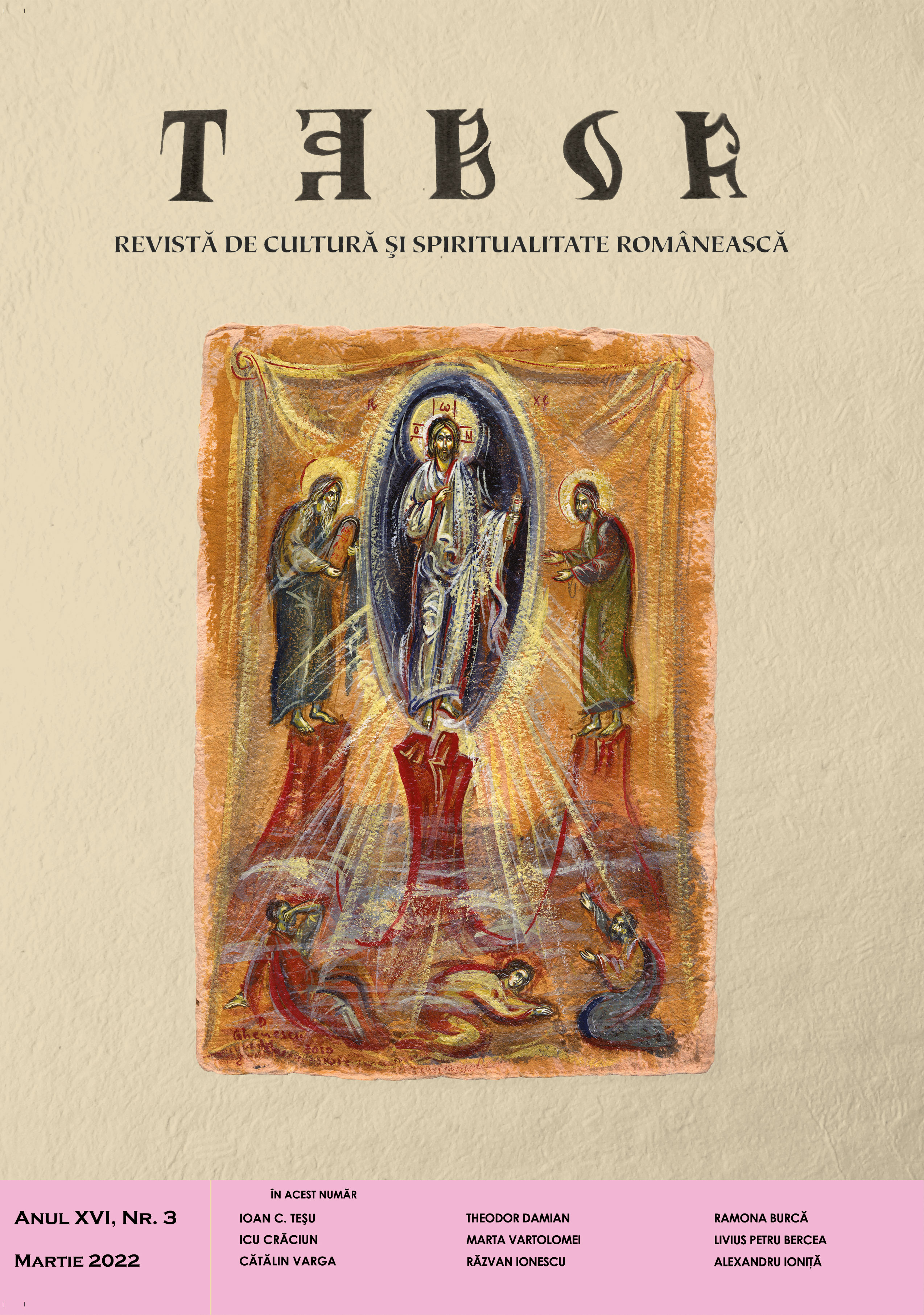
Dini İnancın Temellerinin Bilimsel ve Teolojik Değerlendirmesi: Nöroteoloji
A great deal of research has been done on the origin of belief and its effects on human beings. In recent years, these researches are not only limited to the theological field, but also continued by various branches of science. Scientific disciplines that investigate different dimensions of belief have made some explanations about the origins of belief under titles such as cognitive science, mental science, evolutionary theory and genetics, but these results have been someti-mes discussed and criticized. Studies on this subject have not yet achieved a general consis-tency so far. In the last century, there has been a great increase in the number of such studies. Before the 1970s, there was an understanding that tried to explain the issue from an evolutio-nary perspective. The interest in the source of human belief started especially in the field of biology and has been supported by many systematic scientific studies. These types of studies tried to understand and explain the biological origins of belief, but did not go beyond labora-tory experiences. These studies associated belief with certain diseases, attempted to explain biologically different versions of belief, tried to explain the relationship between brain mobi-lity and religious experience, and searched for a separate God Gene and God Field. This article focuses on the psychological basis of the subject, and then the biological basis of the subject. Studies on consciousness, unconsciousness, death, diseases, and many psychological disorders handled in different ways the relation with belief. Such basic human processes are tried to be explained in relation to many areas such as health, spirituality and culture. Socio-biology, evo-lutionary psychology, and contemporary cognitive sciences have carried out a series of studies on this subject, especially looking for the foundations of belief. Since the 1970s, there have been some attempts in biology, especially depending on the developments in science and tech-nology. These studies mostly claim that “the ability to believe” is innate in humans and is parti-ally supported by some scientific discussions. Scientists who seek the source of belief directly in biology follow the hypothesis that the temporal lobe of the brain is the source of religious and mystical experience. Neurologists have focused on the prefrontal cortex of the brain and suggested that this region of the brain may be related to religion and belief. These studies are the continuation of other research that started earlier and searched for belief, spirituality, and God in a certain region of the brain. In these studies, conceptualizations such as “the God spot” and “the God module” have been made instead of the concept of the “God gene.” As a result, studies on religion and brain will increasingly come to the fore. Studies on this subject have opened a new door in terms of showing the relationship between religious belief, attitudes and behaviors and the brain. However, more studies are needed in this area in order to understand more accurately and fully the relationship between religious beliefs or experiences and physi-cal processes because most of the studies on this subject have focused on Christians and Budd-hists. Although a serious relationship has not been established between religion and biology until now, it is likely that these issues will come to the fore more frequently from now on. These studies which investigate whether there is a relationship between believing and the brain are called neurotheology. In this study, the developmental process of neurotheology as a science and the studies in this field were examined by literature and document review. Studies conducted in the last hundred years were systematically examined and the current situation was discussed.
More...
